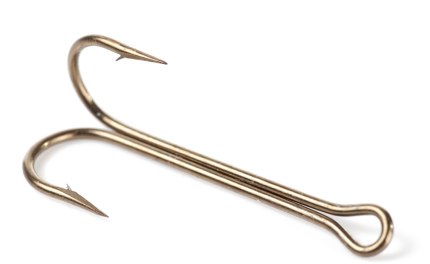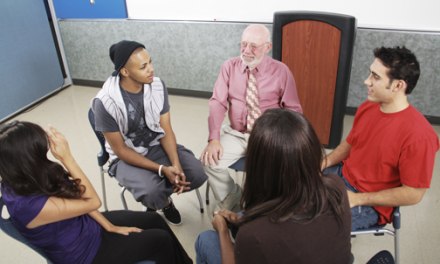I came across an article in the Washington Post by a psychologist who works extensively with military veterans. The topic: good advice vets facing the inevitable changes and challenges of early recovery.
I thought much of it could apply to most anyone new to recovery. Come to think of it, a life of active addiction has more than a little in common with wartime. See what you think:
Addiction recovery can be tough for veterans. Here are five helpful tips.
And a few comments from me:
Have self-compassion
Early in my career, I was sometimes asked to accompany detox patients to the institutional AA meetings held in the dining room on hospital’s ground floor. I recall one where a speaker, a young fellow with a year sober, devoted most of his talk to castigating himself for his actions during the years of active substance use. It was pretty rough stuff but no one in the audience said anything until the meeting ended. As folks were filing out, an older member pulled him aside with a suggestion to “lighten up.”
“It’s ‘experience, strength and hope’ we’re here to witness,” he reminded the younger man. “Not ‘experience, strength and self-loathing.’”
Embracing the new ‘normal’
I don’t know how many times I’ve heard people in rehab insist that their goal is simply to “get back to the way things were before’. And I’d find myself wondering, “before what? You were smoking pot at 11.” It’s pointless to strive to revive a time in your life that probably wasn’t as good as you remember.
Besides, as the author points out, “how much energy are you putting into trying to restore a past that is just that – the past?”
Let go of stigma
If addiction is a disease, then how much responsibility can the victim rightfully take for its consequences? Sure, maybe it was your choice to begin drinking or drugs in the first place. But then, tens of millions of people make the same choice every year, and most of them don’t go on to active, life-altering addiction, do they? The difference between you and them lay in the outcome, not the original motivation.
Likewise, we’ll often hear someone complain that calling addiction a disease somehow lets the addict off the hook in terms of responsibility. As far as I can tell, recovery involves taking on a whole new set of responsibilities, to oneself and others. This time around, for maintaining recovery.
Talk!
I grew up on an era when kids sat in front of the TV set absorbing lessons from Westerns where the men were always strong and silent and the women suffered without complaint. Thankfully, subsequent generations weren’t similarly indoctrinated. Nonetheless, every generation struggles with self-expression. In recovery, that needs to change. As the article says, “When you open your mouth, you’re also opening up a new kind of future.”
Use your veteran voice to help others
Again, this could apply to anybody in recovery from active addiction – which can and often does include traumatic experiences and personal devastation beyond what most other people can imagine. Healing can take a long time. Often the best way to strengthen your own recovery is to help someone else strengthen theirs. The ‘helper’ may get more out of the interaction than the recipient.
Funny how that works.













